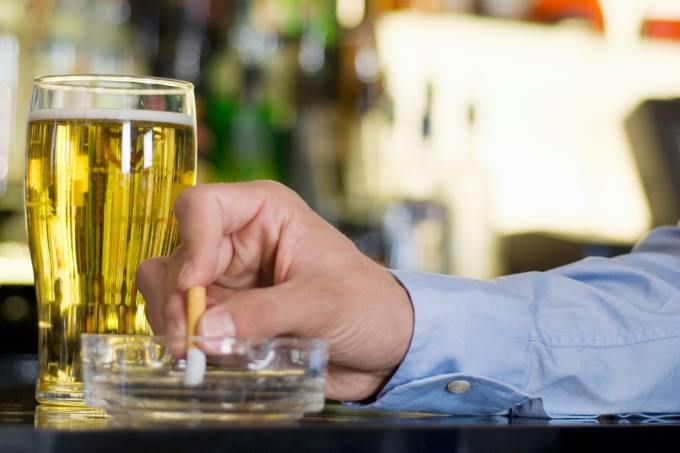What Is Alcohol Use Disorder?
Alcohol use disorder (AUD) is a long-term brain condition in which you can’t stop or control your drinking even though it’s hurting your social life, your job, or your health.
It’s a range that includes alcohol abuse, which is when drinking has serious consequences again and again. It also includes alcohol dependence or alcoholism, which is when you’ve lost control of your drinking.
How much alcohol is too much?

Addiction
i-icon

WebMD
If you’re going to drink, experts recommend doing it “in moderation.” This means no more than one drink a day if you're a woman and no more than two if you're a man. One drink equals:
- 1.5 ounces of liquor (like whisky, rum, or tequila)
- 5 ounces of wine
- 12 ounces of beer
Another way to look at your drinking habits is to think about how much you have during an average week. For women, "heavy" or "at risk" drinking means more than seven drinks per week or more than three in any day. For men, it's more than 14 drinks in a week or more than four in a day.
Alcohol Use Disorder Symptoms
An estimated 16 million people -- adults and adolescents -- in the U.S. have alcohol use disorder.
The signs of AUD can include:
- An uncontrollable urge to drink
- Lack of control over how much you drink
- Negative thoughts when you're not drinking alcohol
- Drinking in risky situations
- Drinking that interferes with things you enjoy
- Continuing to drink even though it causes problems or makes them worse
- Stopping important activities or doing them less often because of alcohol
There are mild, moderate, and severe forms of AUD, which depend on how many symptoms you have. You may have AUD if one or more of these statements is true:
- You can't relax or fall asleep without drinking.
- You need a drink in the morning to get going.
- To be social, you have to drink.
- Alcohol serves as your escape from feelings.
- After drinking, you drive.
- You mix alcohol and medications.
- You drink when you're pregnant or caring for small children.
- When loved ones ask how much you drink, you don't tell the truth.
- You hurt people or become angry when you drink.
- It's tough for you to remember what you did when you were drinking.
- Your responsibilities suffer because of your drinking.
- Drinking has caused you legal problems.
- You tried to stop drinking but failed.
- You can't stop thinking about drinking.
- To feel the effects of alcohol, you have to drink more and more.
- You have withdrawal symptoms after you stop drinking for too long, like shakiness, nausea, trouble sleeping, or seizures.





.jpg)
.jpg)























